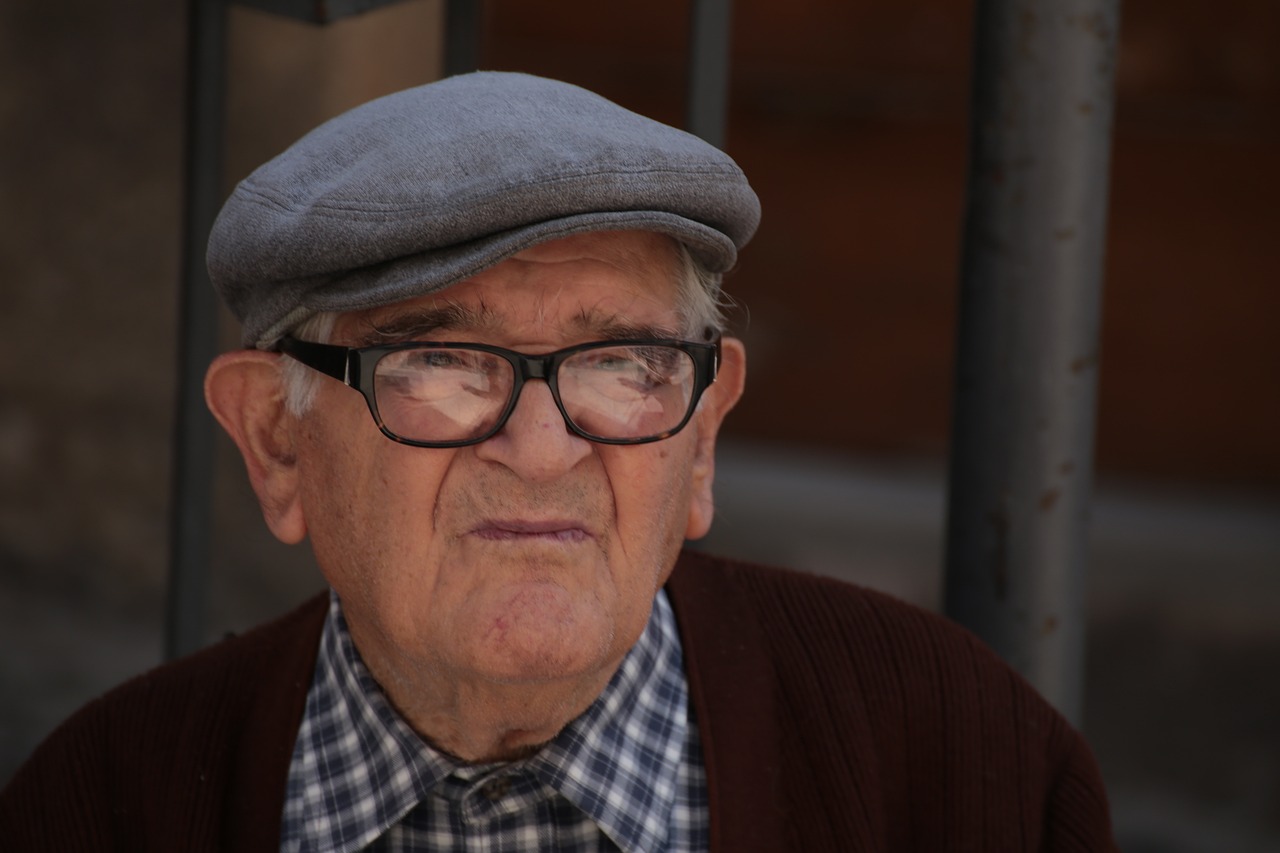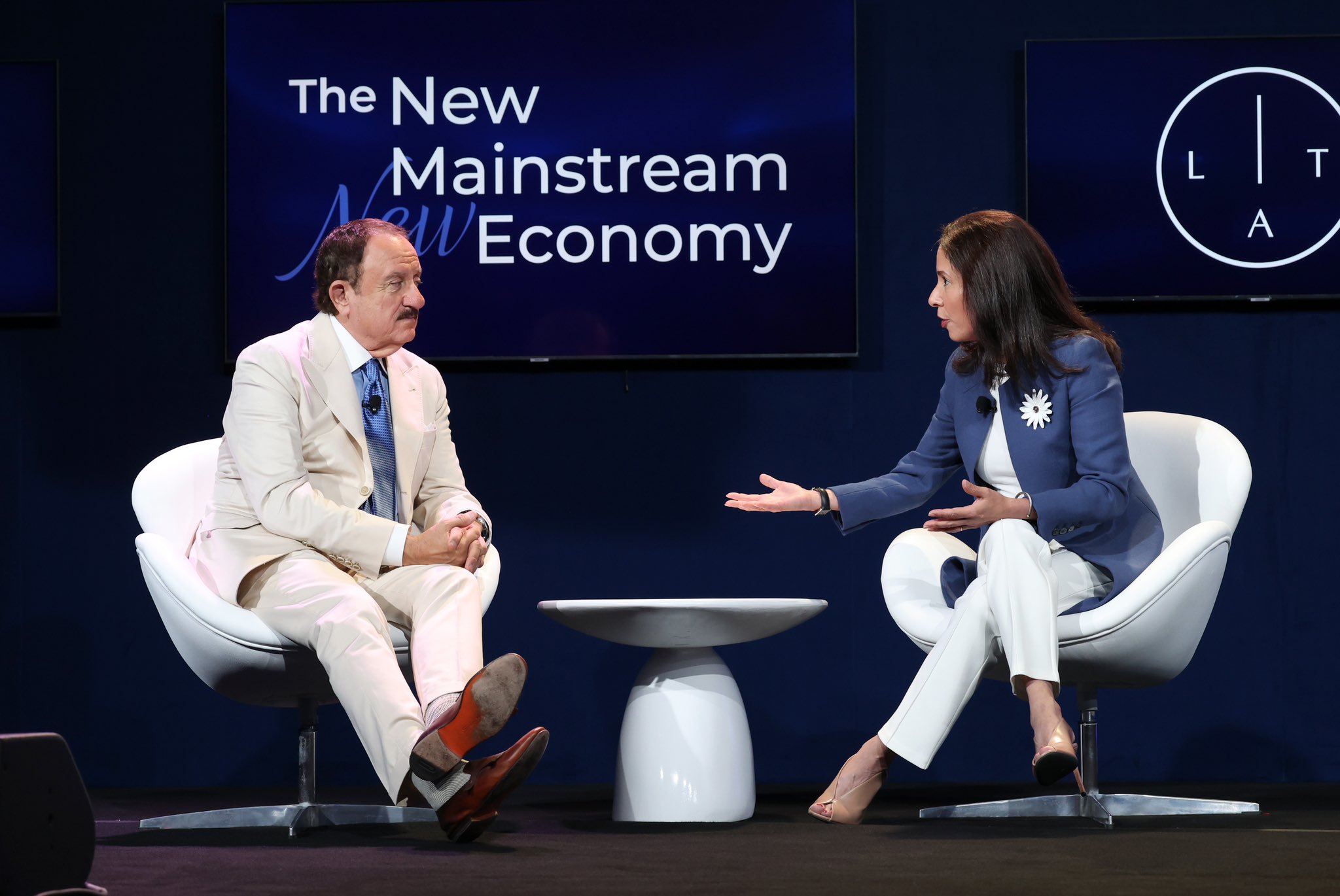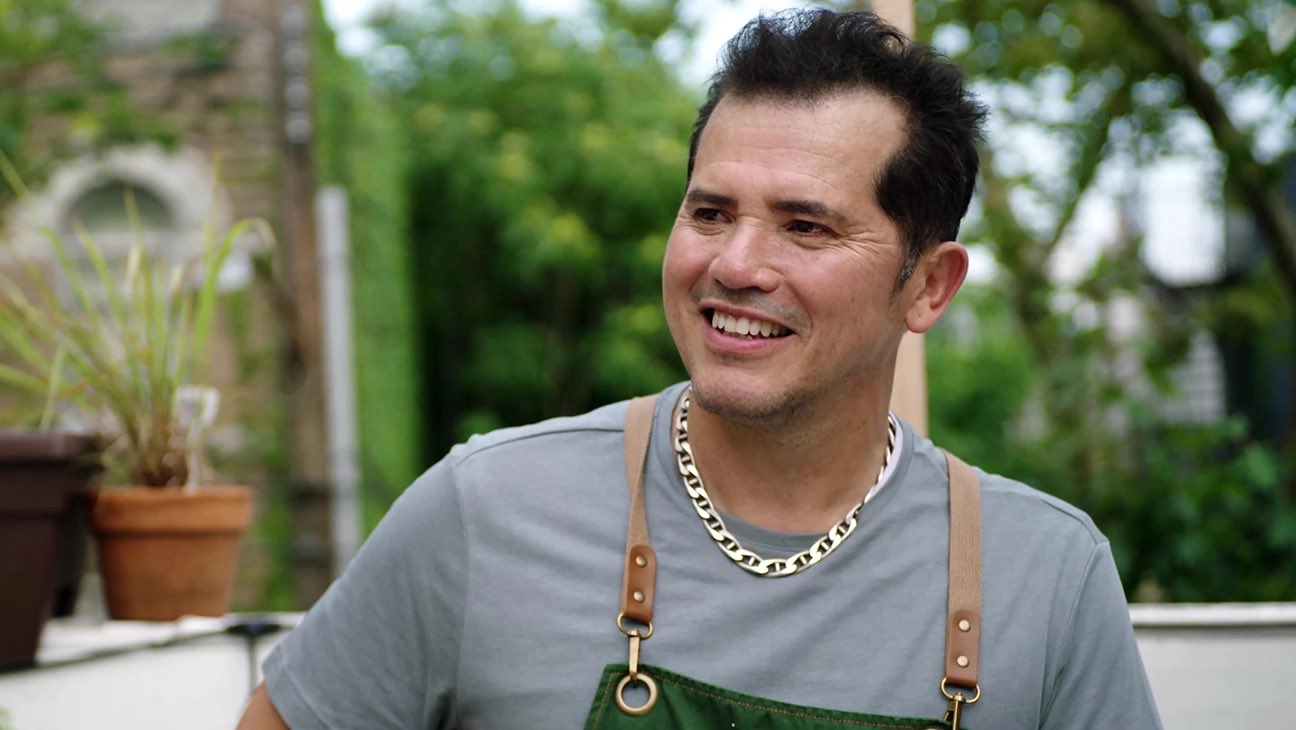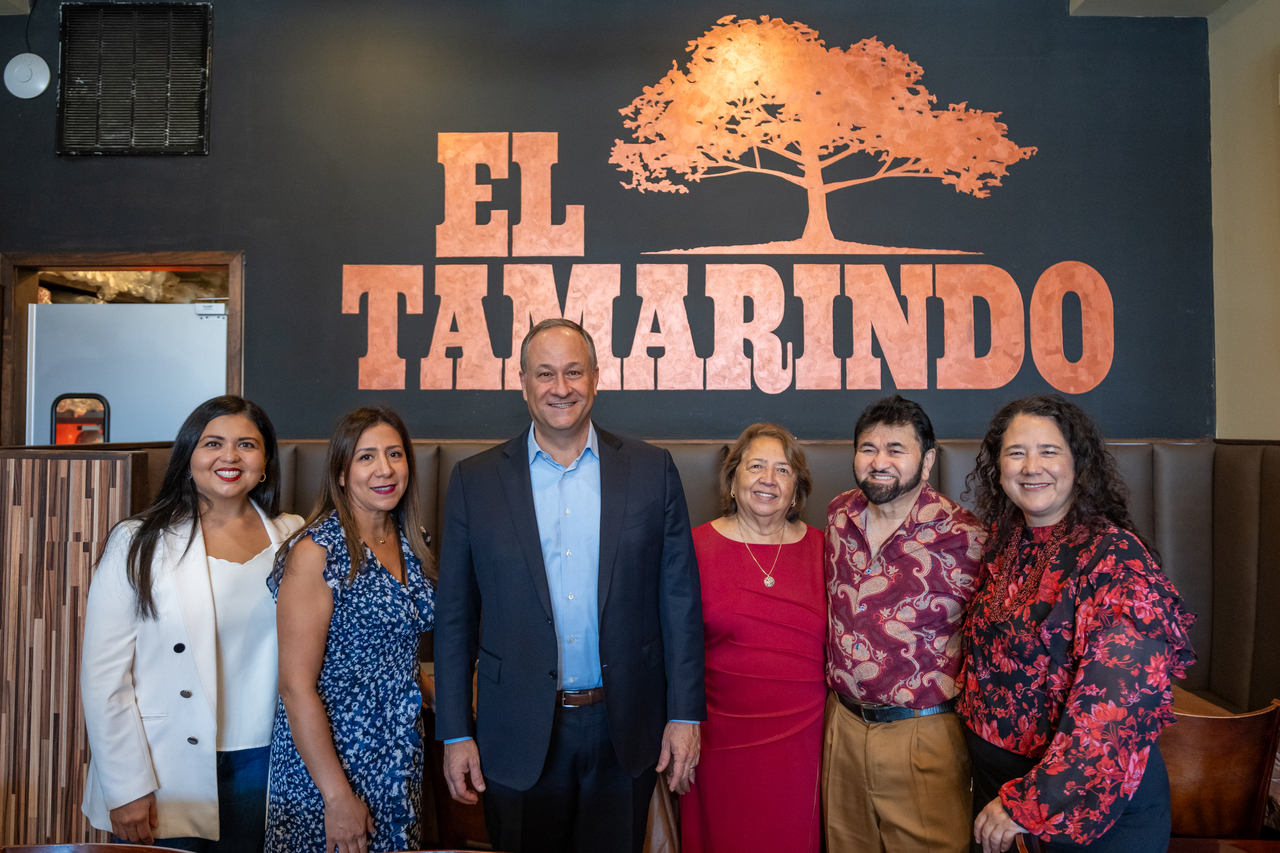
Leading the way for youth in the child welfare and justice systems
Juvenile Law Center honored three distinguished individuals with the 2019 Leadership Prize for their career's work, looking to improve the lives of youth.
For the past three years, Juvenile Law Center has recognized outstanding individuals from various from various fields of work who relentlessly advocate for the rights and well-being of youth in the child welfare and justice systems.
Nominees consist of diverse leaders who have spent their careers improving the lives of youth.
“Juvenile Law Center advocates for rights, dignity, equity and opportunity for youth in the child welfare and justice system, but a big part of our mission is also growing the field of children’s rights advocates," Juvenile Law Center CEO Sue Mangold said.
"One of the ways we do that is by honoring the best of the best," she added.
This year’s Leadership Prize recipients were Elizabeth Calvin of Human Rights Watch; Nicole Pittman of Impact Justice; and Jennifer Rodriguez of Youth Law Center.
Leticia Peguero, chair of the selection committee for this year's Leadership Prize, said reading through all the applications was an exciting process.
"We landed on these three women because of all the amazing work that they’ve done throughout their careers to lift up the voices of young people that are oftentimes misrepresented, underrepresented, and treated unfairly by a justice system that doesn’t take into account the lives of young people,” Peguero said.
During an award ceremony at the National Convention Center earlier this month, the three prize recipients highlighted their career’s work, advocating for youth rights in the child welfare and justice systems.
“I’m surrounded by smart, hardworking, passionate partners, and every success has been a result of collective effort,” she said of her colleagues at Human Rights Watch, an international organization that conducts and research Human Rights Watch investigates and reports on abuses happening in all corners of the world, as she accepted her leadership prize.
Calvin is currently the senior advocate in the Children’s Rights Division. Since starting her tenure at Human Rights Watch in 2006, Calvin has visited countless prisons and sent letters to hundreds of prisoners who, at a young age, were told they were worthless. However, each letter came with a disclaimer that the prisoners shouldn’t get their hopes up, due to the unpredictability of our justice system.
“I was profoundly worried about raising the hopes of people in a very dark place and then dashing them,” she recalled. “Now, I realize how little I understood about hope then.”
“The reality,” she added. “I wrote those carefully-worded warnings for me. I didn’t know that hope and human connection were as essential to life as water or oxygen or the sun.”
As expected, years went by and it remained very difficult to make real, concrete change—until it happened.
“It took nearly seven years, failure after failure, to finally pass the first law in the country to retroactively give relief to children sentenced to life without parole,” said Calvin.
While the passage of that law was huge, she said, it was just an incremental step towards laying the groundwork for other laws to pass.
Since 2012, Calvin’s efforts have led to 11 significant law passages, including the end of adult prosecution of children under the age of 16.
By last year, those laws have affected roughly 30,000 people currently in California state prisons. However, the work simply continues.
For the past two years, Calvin has led a group effort in designing a 10-year plan that would end the transfer of youth to the adult justice system, and stop the incarceration of children altogether.
It was the first comprehensive examination of this issue.
Working on this issue for 16 years brought Pittman the realization that our system likely will not bring us the world we want to see, particularly due to the perception of child sexual harm.
“Child sexual harm is absolutely preventable, but we treat it as if it’s inevitable,” she said. In reality, children reoffend at a rate of less than one percent, she added.
After finishing the report, Pittman came to realize that every single person interviewed and raised on the registry were victims in the child welfare system before they committed their sex offense.
This realization has prompted Pittman to take a more upstream, prevention-based approach towards the issue, leading her to the launch of the Roadmap Initiative. The goal is to completely transform and revolutionize how we view child-on-child sexaul abuse offenses.
RELATED CONTENT
As she accepted her prize, Pittman brought up the story of Bobby, one of the hundreds of people she interviewed for her report.
At the age of 10, Bobby was charged with indecent exposure, and went to juvenile sex offender treatment at the juvenile prison until he was 18. When released, he came across having to deal with being unable to obtain a GED, and homeless. His failure to register as a sex offender gave him a two-year prison sentence.
After serving two additional two-year sentences, he was arrested for receipt of stolen goods, and due to having three felonies on his record, he is currently facing a 15-year sentence at a state penitentiary.
His story is one of many who has faced a flawed system, and is one story of prevention Pittman is working diligently to provide to the next young individual.
“It’s one thing when us, as advocates, push on the system to change,” she added. “It’s an entirely different process when you see systems that self-commit to looking critically at the areas where they can do better for our young people.”
As someone who spent her own youth in foster care and juvenile justice facilities, Rodriguez sees herself as a long-time advocate. She grew up in the California Youth Connection (CYC), a youth-led organization aimed at developing leaders who empower each other and their communities to transform the foster care system through legislative, policy, and practice change.
Rodriguez describes her time at the CYC as an opportunity to redefine herself from shy and embarrassed, with no desire to allow anyone to get to know her, to more of an effective leader.
“If there is anything that could define my leadership, I would say that I am a really good listener,” she said. “I was lucky enough to have about 10 years of listening intently to all of our young people, and also knowing that the idea that we should just be working to make things a little less bad is totally inadequate.”
With her role as the executive director of the Youth Law Center (YLC), Rodriguez gets to serve as the listening ear of the youth, similar to what she had when she was in a similar position.
“We all have the obligation to stop, to listen, and to elevate and lift up our young people, and to celebrate their hope and their vision, and to let them lead us to a better world for every single young person that’s in foster care,” she said.
“We can get there.”

Founded in 1975, Juvenile Law Center is the first non-profit, public interest law firm for children in the country.











LEAVE A COMMENT:
Join the discussion! Leave a comment.